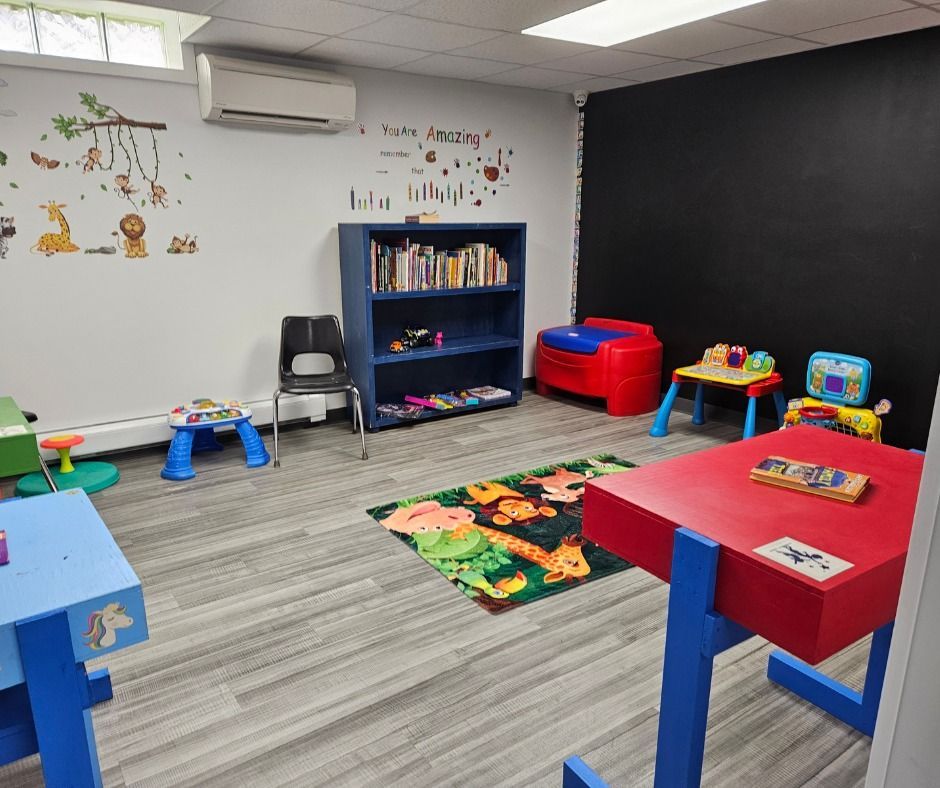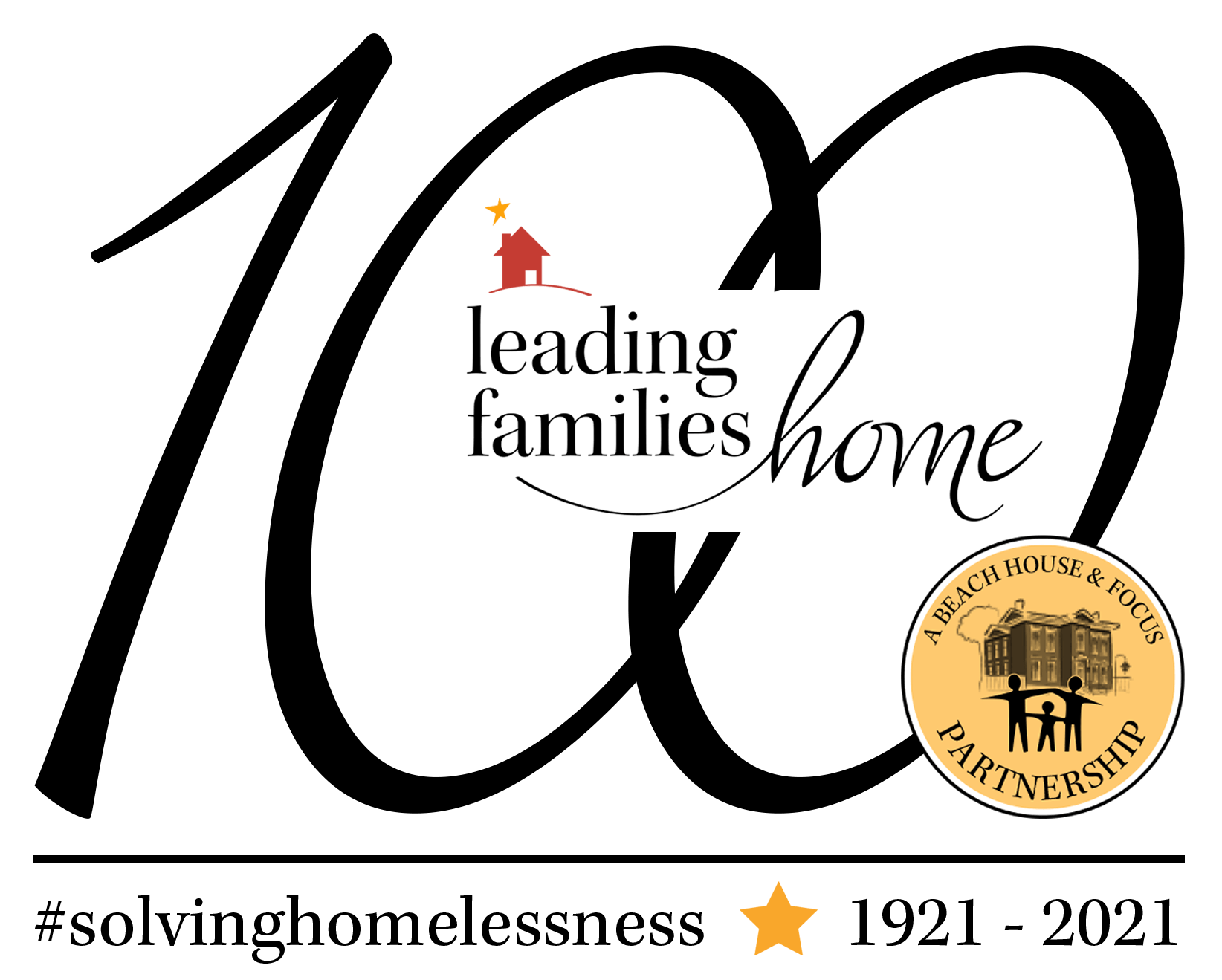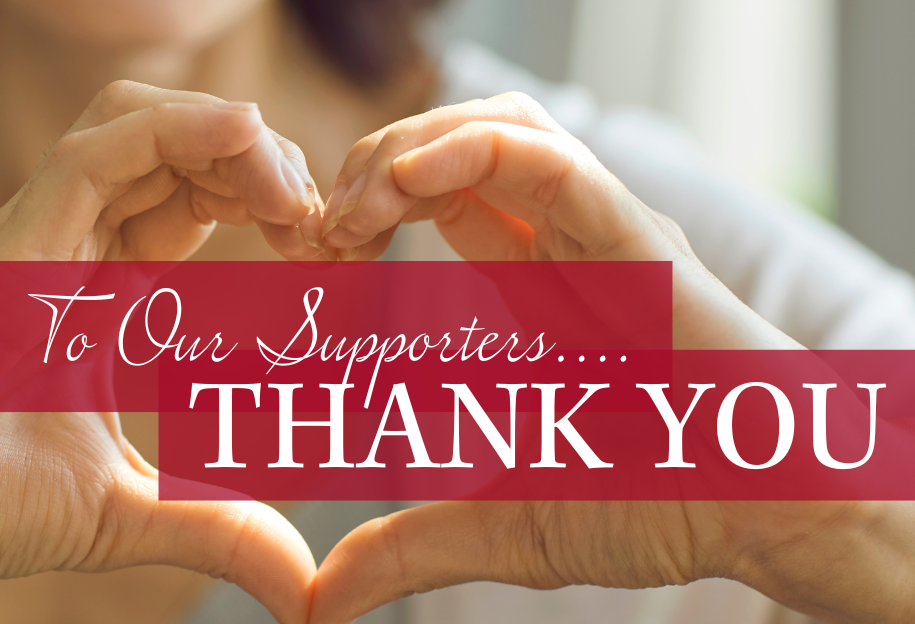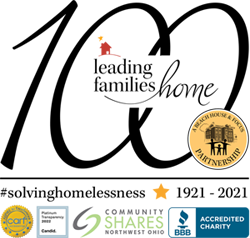New Hope: Lisa’s Story
The road from
homelessness to permanent housing can be long and difficult, and even more so for disabled and older individuals. One program that offers hope to these individuals is Permanent Supportive Housing (PSH).
What Is Permanent Supportive Housing?
The National Alliance to End Homelessness offers an excellent explanation of PSH:
Permanent supportive housing is an intervention that combines
affordable housing assistance with voluntary support services to address the needs of chronically homeless people. The services are designed to build independent living and tenancy skills and connect people with community-based health care, treatment and employment services.
How Permanent Supportive Housing Can End Chronic Homelessness
Investments in permanent supportive housing have helped decrease the number of chronically homeless individuals by 20 percent since 2007. In addition to ending homelessness for people who are chronically homeless, research has demonstrated that permanent supportive housing can also increase housing stability and improve health.
A cost-effective solution, permanent supportive housing has been shown to lower public costs associated with the use of crisis services such as shelters, hospitals, jails and prisons.
Permanent Supportive Housing has been a great support to Lisa, one of Leading Families Home’s Participants.
Closed Off & Alone
Five years ago, Lisa entered the PSH program on her journey from homelessness to permanent housing. Lisa received a new case manager two years ago, and, at first, she had a very difficult time opening up or interacting with her new case manager.
Just like many who have experienced the trauma of homelessness, Lisa was wary of trusting a new person. Thankfully, her case manager refused to give up on her. Lisa’s case manager was patient; she calmly waited for Lisa to grow used to her and begin to believe in her support.
After many months, Lisa finally began to show signs of trusting her case manager. She spoke to her more readily and at greater length.
Now, two years later, Lisa has an excellent relationship with her case manager; they interact very well with each other. The case manager no longer has to initiate interaction with Lisa; Lisa easily communicates about their next visit and looks forward to seeing and speaking with her case manager.
A Healthy Future
As an older individual who is disabled, Lisa’s health has been declining for years. Just as she was very closed off to trusting her new case manager two years ago, Lisa was also against working with outside resources concerning her health.
Since she’s worked with her new case manager, Lisa has changed her viewpoint on healthcare. She currently works with a community health worker to enhance her health as she ages and work with her disability. Lisa also visits a Senior Center to engage in activities and create new friendships. Also, Lisa now has the support of a home health aide, and her meals are delivered to her home weekly. All of these elements are helpful to reducing Lisa’s stress and offering her a better quality of life.
Thankful
Lisa has come a long way from her
experience with homelessness over five years ago. Each year, she takes steps to improve her health and open up to new experiences.
Lisa constantly tells her case manager how thankful she is to have Leading Families Home in her life. Lisa has very little support from her family, and she feels that Leading Families Home has been one of her major support systems from the start.
Her case manager is very proud of Lisa for thinking outside the box on many items. Recently, Lisa has embraced email as a form of communication – something she refused to consider just a short while ago. Now, Lisa uses email regularly without help and has even started to cc others on her messages!
One of the greatest challenges that Lisa has overcome is her fear of trying something new or doing things independently with little help from her case manager.
Today, Lisa and her case manager communicate often. Lisa maintains communication with her friends and acquaintances via email, which has been especially helpful since her phone is currently turned off (due to her switching phone companies).
Find Emergency Shelter Now
For Emergency Shelter, Please Call 211
Call 2-1-1 or 1-800-650-HELP to find the help you need. Speak with a real person 24 hours a day, 7 days a week. This is a free, anonymous, and confidential service for Toledo Area residents. All potential shelter residents must
call 211 to gain entrance into a Toledo Area shelter.
You can also visit Greater Toledo 211 online at 211 Toledo/Lucas County.
Let’s Connect
Connect with Leading Families Home on social media to see the latest stories from our Participants, Board Members, Staff, and Volunteers!
You can support Leading Families Home by liking or following our accounts, liking and SHARING them on your social media accounts. Invite your contacts to like or follow us, too! Let’s spread the word, and end homelessness in Toledo!
Help Us Out
Leading Families Home is based in Toledo, Ohio. We are dedicated to fighting homelessness in our community – and we’d love your help! Please consider supporting our organization in one of the following ways:
Donate Online
Leading Families Home partners with PayPal for secure online payments. Click Donate Now to be taken to the secure donation page.
Mail a Check
To donate by check, please make the check out to Leading Families Home.
Mail your check to the following address:
Leading Families Home
2283 Ashland Ave.
Toledo, OH 43604
Other Ways to Donate
Shop with AmazonSmile
When you shop on AmazonSmile (smile.amazon.com) the AmazonSmile Foundation will donate 0.5% of the price of eligible purchases to the charitable organization of your choice. Learn more about AmazonSmile.
Use Kroger Community Rewards
It’s easy to donate with Kroger Community Rewards – just shop at Kroger, and swipe your Plus Card! Join Kroger Community Rewards.
Matching Gifts: Double Your Donation
Every year we have a Match Campaign – an exciting way for you to double your impact. During this campaign, our match partners will match your monetary donation to Leading Families Home.
Match partners also include corporate sponsors who match their employees’ donations. If you’d like to participate, find out if your employer matches employee donations to 501(c)(3) organizations and contact us.
Host a 3rd Party Fundraiser
Do you love to plan events? You can raise donations for LFH by hosting your own event! Have fun and make an impact on our community. Ask for donations instead of birthday gifts or baby shower presents.
Remember Us in Your Will
A Planned Gift allows you to donate in a very meaningful way. Contact your financial advisor or estate planner to learn more.





